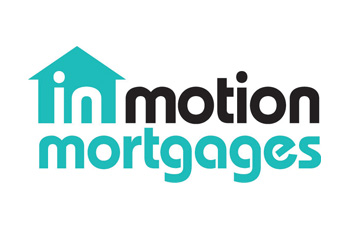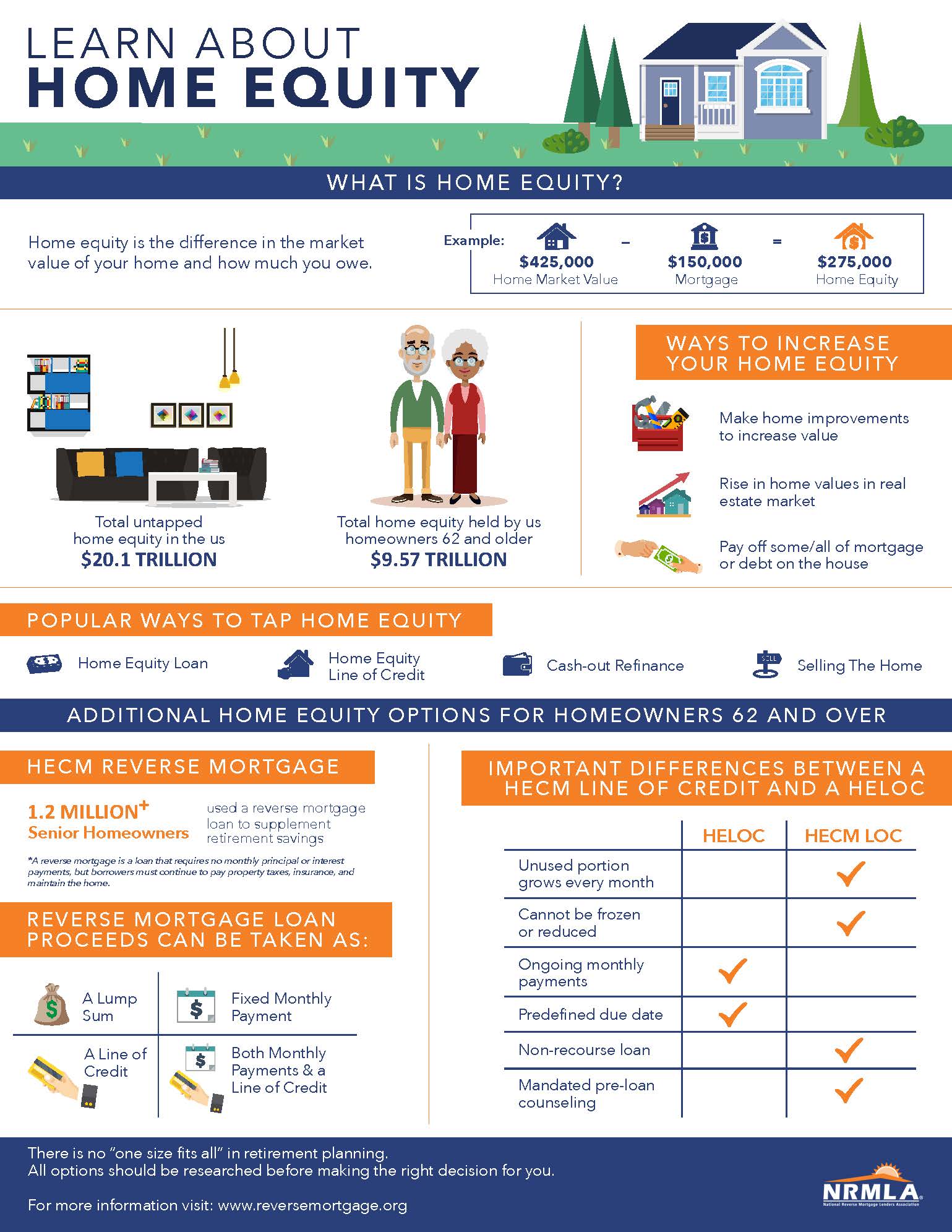Analyzing Different Types of Equity Release Mortgages You Can Choose From
Analyzing Different Types of Equity Release Mortgages You Can Choose From
Blog Article
A Comprehensive Overview to Picking the Right Equity Release Mortgages for Your Needs
Choosing the right equity Release mortgage is a substantial choice for many homeowners. It includes understanding numerous products and evaluating personal financial demands. With options like life time home mortgages and home reversion plans, the path can appear complex. Key factors to consider include rates of interest and flexibility. As individuals browse this landscape, evaluating potential dangers and benefits comes to be vital. What factors should one focus on to ensure the most effective end result?
Comprehending Equity Release Mortgages
Equity Release home mortgages supply an economic remedy for house owners seeking to access the worth secured their properties. Mostly developed for people aged 55 and over, these mortgages enable them to transform component of their home equity right into cash while remaining to stay in their homes. Homeowners can use these funds for numerous purposes, such as supplementing retired life revenue, moneying home enhancements, or covering medical care costs. The core principle behind equity Release is that the lending is settled upon the property owner's fatality or when they move into long-term treatment, whereupon the property is typically marketed to settle the debt. This technique allows people to appreciate the advantages of their home's worth without needing to relocate. It is vital for prospective consumers to recognize the implications of equity Release, including prospective effect on inheritance and recurring monetary commitments, prior to deciding.
Kinds Of Equity Release Products
When checking out equity Release products, it is important to comprehend the major types available. Lifetime home mortgages, home reversion plans, and drawdown plans each offer one-of-a-kind functions and benefits. Assessing these alternatives can help individuals in making educated monetary decisions concerning their property.
Life Time Home Loans Discussed
Life time mortgages stand for one of the most common forms of equity Release items offered to house owners in retirement. This sort of home mortgage permits people to borrow versus the worth of their home while maintaining possession. Commonly, the loan and passion accumulated are paid back when the homeowner dies or relocates into long-term treatment. Debtors typically have the option to pick in between variable and fixed rate of interest, along with whether to make regular monthly repayments or allow the rate of interest roll up. The quantity offered to borrow usually depends on the home owner's age and residential property value. This economic remedy can supply senior citizens with essential funds for numerous requirements, consisting of home improvements or added earnings, while permitting them to stay in their homes.
Home Reversion Schemes

Drawdown Program Introduction
Drawdown strategies stand for a versatile choice within the spectrum of equity Release products, allowing house owners to access their home's value as needed. These plans allow people to Release a portion of their home equity incrementally, rather than getting a swelling amount upfront. This flexibility can be particularly helpful for taking care of finances in time, as debtors just pay passion on the quantities they withdraw. Generally, drawdown plans include a pre-approved limitation, making sure that homeowners can access funds when needed without reapplying. Additionally, this approach can help mitigate the impact of worsening interest, as much less cash is borrowed at first. Generally, drawdown strategies cater to those seeking financial flexibility while maintaining control over their equity Release trip.
Secret Variables to Consider
When picking an equity Release home loan, a number of essential aspects require careful factor to consider. Rates of interest contrast, the loan-to-value proportion, and the flexibility of features supplied can substantially affect the suitability of a product. Assessing these elements will certainly assist people make notified decisions that straighten with their monetary goals.
Rate Of Interest Comparison
Steering the landscape of equity Release home mortgages needs careful factor to consider of rate of interest rates, which play an essential duty in identifying the total expense of the loan. Consumers ought to contrast fixed and variable rates, as dealt with rates supply stability while variable prices can change based on market problems. In addition, the timing of the rate of interest price lock-in can significantly influence the total payment amount. Possible borrowers need to additionally assess the interest rate (APR), which consists of various charges and prices related to the home loan. Understanding the ramifications of various rate of interest will make it possible for individuals to make educated choices customized to their economic situation. Eventually, a thorough analysis of these aspects can bring about more beneficial equity Release end results.

Loan-to-Value Proportion
The loan-to-value (LTV) proportion functions as an essential metric in his comment is here the domain of equity Release mortgages, influencing both qualification and borrowing ability. It is calculated by splitting the quantity of the car loan by the assessed worth of the home. Usually, a higher LTV ratio shows a greater risk for lending institutions, which can lead to stricter financing standards. The majority of equity Release items have certain LTV restrictions, commonly determined by the age of the consumer and the value of the home. LTV ratios commonly range from 20% to 60%, depending upon these aspects. Comprehending the effects of the LTV proportion is necessary for borrowers, as it straight affects the amount they can access while ensuring they remain within safe line of credit.
Flexibility and Functions
Comprehending the versatility and features of equity Release mortgages is important for customers seeking to optimize their economic options. Various items use varying levels of flexibility, such as the ability to make partial settlements or the alternative to take a swelling amount versus routine withdrawals. Customers should also take into consideration the transportability of the home loan, which enables them to transfer it to a brand-new property if they determine to relocate. Extra features like the capacity to include member of the family or the choice for a no-negative-equity warranty can enhance security and assurance. Ultimately, assessing these factors will certainly help consumers choose a plan that straightens with their long-lasting individual situations and financial objectives.
The Application Process
Just how does one navigate the application procedure for equity Release home mortgages? The journey starts with assessing eligibility, which commonly requires the candidate to be a minimum of 55 years of ages and own a substantial section of their home. Next off, people must gather needed documentation, including evidence of revenue, identity, and residential property valuation.Once prepared, applicants can approach a lending institution or broker specializing in equity Release. A monetary consultant might also offer useful advice, ensuring that all options are thought about. Following this, the candidate sends an official application, that includes a detailed assessment of their monetary circumstance and building details.The lender will then conduct an appraisal, which may include a home appraisal and discussions regarding the applicant's requirements and scenarios. The procedure culminates with a formal offer, allowing the applicant to review the terms before making a final choice. Clear interaction and understanding at each step are important for a successful application.

Costs and Fees Included
Countless prices and fees are connected with equity Release home loans, and prospective debtors need to recognize these financial considerations. Initially, there may be an application fee, which covers the lending institution's management prices (equity release mortgages). In addition, appraisal fees are typically required to analyze the residential property's worth, and these can vary significantly based on the property's dimension and location.Legal costs should also be factored in, as borrowers will certainly require a lawyer to navigate the lawful elements of the equity Release process. Moreover, some lending institutions might impose early settlement costs if the home loan is paid off within a details term.It is crucial for consumers to completely evaluate all costs connected with an equity Release mortgage, as they can influence the general value of the equity being launched. A clear understanding of these fees will certainly enable individuals to make enlightened decisions
Possible Dangers and Advantages
Equity Release home loans come with a range of costs and costs that can influence a consumer's monetary scenario. They offer substantial benefits, such as accessibility to funds without the demand to sell the home, permitting borrowers to utilize the cash for retirement, home enhancements, or to sustain relative. However, prospective threats exist, consisting of the reduction of inheritance for successors, as the lending quantity plus passion should be paid off upon the consumer's death or move right into lasting care. Additionally, the residential property's worth might dislike as anticipated, leading to a larger financial obligation than expected. Consumers might additionally encounter restrictions on marketing the property or moving. If equity Release aligns with their lasting economic objectives, it is necessary for people to very carefully evaluate these risks versus the advantages to establish. A thorough understanding of both facets is essential for making an educated decision.
Questions to Ask Prior To Devoting
When thinking about an equity Release home loan, possible consumers need to ask themselves a number of essential questions to assure they are making an educated choice. They should initially examine their financial circumstance, including existing financial obligations and future requirements, to identify if equity Release appropriates. It is important to ask about the overall prices included, including fees, rate of interest, and any fines for early settlement. Debtors should additionally ask exactly how equity Release will impact inheritance, as it might decrease the estate left for successors. Comprehending the regards to the contract is essential; as a result, questions pertaining to the flexibility of the plan, such as the capacity to make payments or take out additional funds, must be addressed. Prospective consumers should think about the reputation of the loan provider and whether independent economic advice has been sought to ensure all facets are thoroughly understood.
Often Asked Concerns
Can I Pick Just How Much Equity to Release?
Individuals can usually select exactly how much equity to Release from their residential property, yet the quantity may be influenced by elements such as age, home value, and loan provider demands - equity release mortgages. Consulting with a financial advisor is advisable
What Happens if Property Worths Decline?
If building worths reduce, the equity readily available for Release diminishes, possibly bring about a scenario where the impressive home loan surpasses the residential property value. This scenario might restrict monetary options and influence future planning for home owners.
Can I Still Relocate Home With Equity Release?
The ability to move home with equity Release depends on the details regards to the equity Release strategy. Usually, numerous plans enable homeowners to move their equity Release to a brand-new residential or commercial property, based on approval.
Exactly How Does Equity Release Affect My Inheritance?
Equity Release can substantially impact inheritance. By accessing home equity, the general worth of an estate might lower, potentially minimizing what recipients receive. It's crucial for individuals to take into consideration these ramifications when choosing equity Release alternatives.
Are There Any Kind Of Age Limitations for Candidates?
Age restrictions for equity Release candidates usually call for individuals to be at the very least 55 years of ages (equity release mortgages). Lenders may have look here extra criteria, commonly considering the link applicant's economic situation and the residential property's value during the examination procedure
Final thought
In recap, choosing the ideal equity Release home mortgage requires mindful examination of specific financial situations and objectives. By recognizing the various product types, crucial factors, and connected expenses, consumers can make enlightened decisions. Furthermore, identifying potential risks and benefits is essential for long-term financial stability. Seeking independent monetary recommendations can better boost the decision-making procedure, ensuring that the chosen equity Release solution lines up with the house owner's total monetary method and future desires. Equity Release home loans give an economic solution for homeowners looking to access the value locked in their properties. Understanding the adaptability and attributes of equity Release home loans is vital for customers seeking to maximize their economic alternatives. Some loan providers might impose early repayment costs if the home loan is paid off within a certain term.It is vital for customers to thoroughly assess all expenses connected with an equity Release home mortgage, as they can influence the general value of the equity being launched. The capability to move home with equity Release depends on the certain terms of the equity Release plan. Seeking independent financial suggestions can additionally improve the decision-making process, making certain that the selected equity Release option lines up with the homeowner's total financial approach and future ambitions.
Report this page